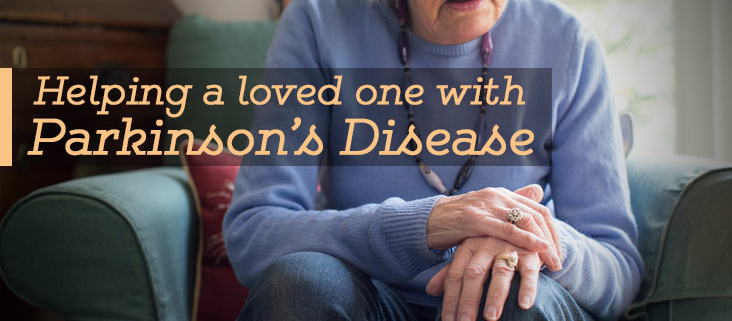Recently, researchers have found that insomnia may be a long-term effect of a stroke. But what does that mean for those who have had a stroke in the past?
Well, simply put, it means that the road to recovery may take a bit longer than expected.
After a stroke, there are many physical, emotional, and cognitive changes in a person. It all depends on what part of the brain was damaged, but frequent physical changes may include dysphagia (difficulty swallowing) or hemiparesis (muscle weakness on one side of the body).
If a stroke survivor develops insomnia, the rebuilding and healing of muscles can’t occur, which can lead to a slower recovery. Additionally, without this needed sleep, individuals may notice more emotional changes (such as crankiness) and cognitive struggles (such as difficulty concentrating).
If you’ve had a stroke and now experience insomnia, there may be options out there for you to get better sleep. These options include meditation and breathing exercises, trying to follow a stricter bed-time schedule (going to bed and waking up at the same time each day), and making sure to keep your bedroom dark and comfortable. Be sure to discuss any concerns with your physician.



